Will Transport for London’s financial ‘black hole’ lead to Tube closures?
A lack of funding could see services and safety repair works put on hold
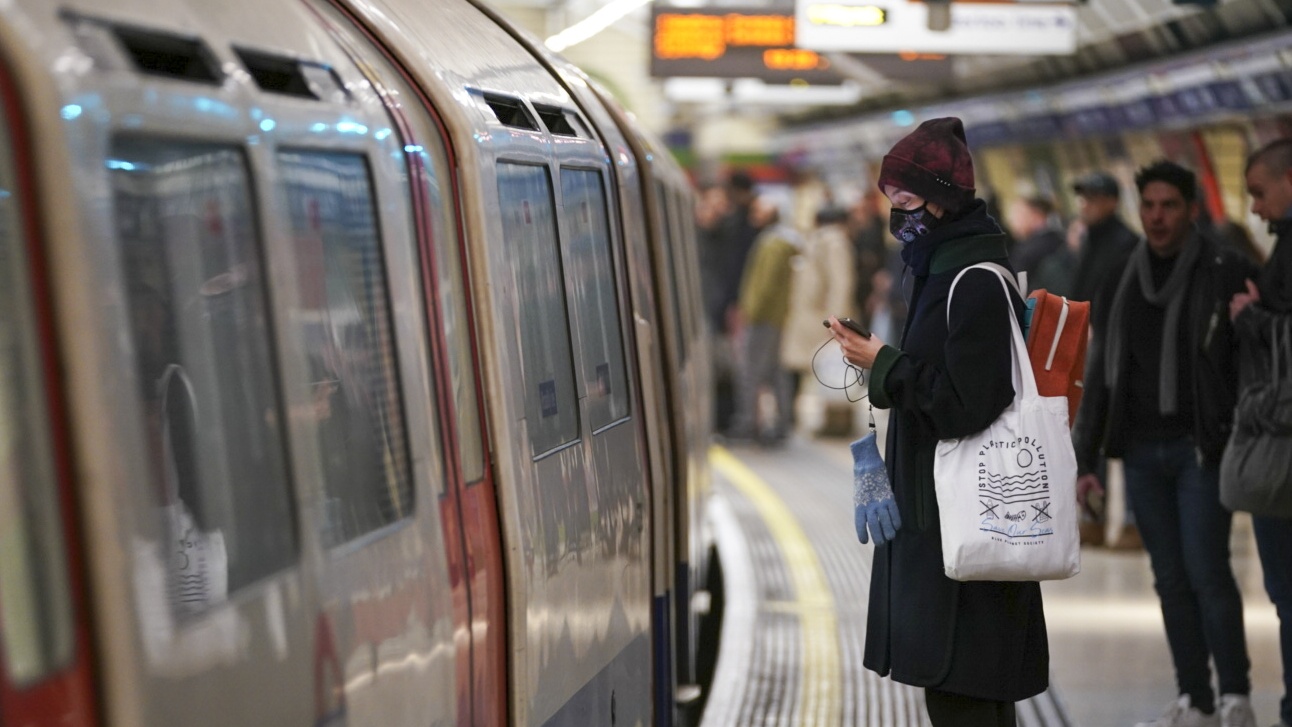
A free daily email with the biggest news stories of the day – and the best features from TheWeek.com
You are now subscribed
Your newsletter sign-up was successful
London’s Tube service risks closures for days at a time due to a funding crisis that could see Transport for London (TFL) short of £1.5bn by 2025, it has been claimed.
The capital’s transport systems are facing a “black hole” after being “deserted for months on end” during national lockdowns, said Metro, “decimating income and sparking a row” between city Mayor Sadiq Khan and central government.”
A budget update published by TfL highlighted that “without long-term funding certainty we risk significant disruption due to asset restrictions and closures”. “Plans to introduce a road user charge, hike up council tax and extend a congestion charging zone will not be enough to balance the books”, said the newspaper.
The Week
Escape your echo chamber. Get the facts behind the news, plus analysis from multiple perspectives.

Sign up for The Week's Free Newsletters
From our morning news briefing to a weekly Good News Newsletter, get the best of The Week delivered directly to your inbox.
From our morning news briefing to a weekly Good News Newsletter, get the best of The Week delivered directly to your inbox.
“The funding crisis means a programme to avoid road deaths will need to be put on hold”, Metro continued. TfL highlighted 45 road network structures with interim safety measures in place that require major works to improve safety and prevent road closures. These include the Vauxhall Bridge, Croydon Flyover and Rotherhithe Tunnel.
A spokesperson for Khan, who is also the TfL chairman, said that without a long-term funding plan “there is a real risk of major projects being paused, cuts to services, trains falling into disrepair and closures on major road networks – all of which would disrupt services for hundred of thousands of people and stifle the economic recovery of London and the country”.
Khan has previously warned it was a “possibility” that one of the Underground’s 11 lines may have to close unless TfL could secure “long-term investment” from the government, the Evening Standard reported in November last year.
Speaking to BBC 5 Live at the time, Khan said: “One of the things we are looking into is the possibility of closing a Tube line. Why? Because closing a Tube line will make the savings, the cuts, that we need to introduce if we are going to balance our books.”
A free daily email with the biggest news stories of the day – and the best features from TheWeek.com
The 115-year-old Bakerloo line could be under threat from “permanent closure” after plans for a £3.1bn extension were put on hold in 2021, said the Daily Mail, while the Standard speculated that the Jubilee, Metropolitan or the Hammersmith & City lines could face the chop.
Khan's comments came after TfL’s finance chief, Simon Kilonback, warned that the Tube network might have to be scaled back by 9%, and the bus network by 18% to fill a £1.9bn funding gap.
“On the bus network in practice, this means over 100 routes being withdrawn and on the remaining routes 200 would have service-frequency reductions,” Kilonback told the TfL finance committee.
“For the Tube network, we’re still analysing the impacts, for example of a full closure of a line or part of a line or smaller reductions across the whole network.”
Why is TfL facing a crisis?
TfL could “become a byword for managed decline”, warned Khan in the Financial Times last year. He argued that TfL has already made “massive efficiency savings” by cutting annual running costs by £1bn over the last five years – and the books simply can’t be balanced without further investment from the government.
How TfL is funded and what has caused its financial crisis has been the source of “repeated rows” over recent years, said the BBC, but this funding gap has been caused “mainly by a drop in passengers due to the pandemic” which has left it heavily reliant on financial support from the government.
Its funding comes largely from passenger fares as a source of its income and it is “one of the only cities in the world” that does not receive government funding to support its operating costs, reported the broadcaster in 2020.
TfL formerly received roughly £600m in annual operating grants from the government, but in 2015, then Chancellor George Osborne agreed to “phase out” the grants – leaving TfL to find a way to fund its own operating costs.
The pandemic then brought with it a “calamitous drop” in fare revenues, and TfL bosses and the mayor went to the government for a £1.6bn bailout to “keep London moving”.
TfL lost 95% of its fares income when the pandemic hit, and while passenger numbers on the Tube have recovered to roughly 65% of normal use, the transport body continues to struggle because “many commuters have not returned to a five-day week while there are few international tourists”, said the Standard.
By law, TfL must balance its financial books year on year – and feared it might have to issue a “section 114 notice”, in which it would effectively declare itself bankrupt. If that were to happen in the future, TfL could, in theory, wind down ”all services apart from the Woolwich ferry and some school bus services – the only services TfL is legally obliged to provide”, explained The Guardian last year.
The Department for Transport has argued it has already given over £4bn to keep the transport network afloat during the pandemic and said it was now focused on finding a “sustainable financial footing in a way that is fair to taxpayers across the country”.
Sorcha Bradley is a writer at The Week and a regular on “The Week Unwrapped” podcast. She worked at The Week magazine for a year and a half before taking up her current role with the digital team, where she mostly covers UK current affairs and politics. Before joining The Week, Sorcha worked at slow-news start-up Tortoise Media. She has also written for Sky News, The Sunday Times, the London Evening Standard and Grazia magazine, among other publications. She has a master’s in newspaper journalism from City, University of London, where she specialised in political journalism.
-
 The environmental cost of GLP-1s
The environmental cost of GLP-1sThe explainer Producing the drugs is a dirty process
-
 Greenland’s capital becomes ground zero for the country’s diplomatic straits
Greenland’s capital becomes ground zero for the country’s diplomatic straitsIN THE SPOTLIGHT A flurry of new consular activity in Nuuk shows how important Greenland has become to Europeans’ anxiety about American imperialism
-
 ‘This is something that happens all too often’
‘This is something that happens all too often’Instant Opinion Opinion, comment and editorials of the day
-
 Why are feds cracking down on SUVs and big trucks?
Why are feds cracking down on SUVs and big trucks?Today's Big Question Pedestrian deaths have risen sharply since 2009
-
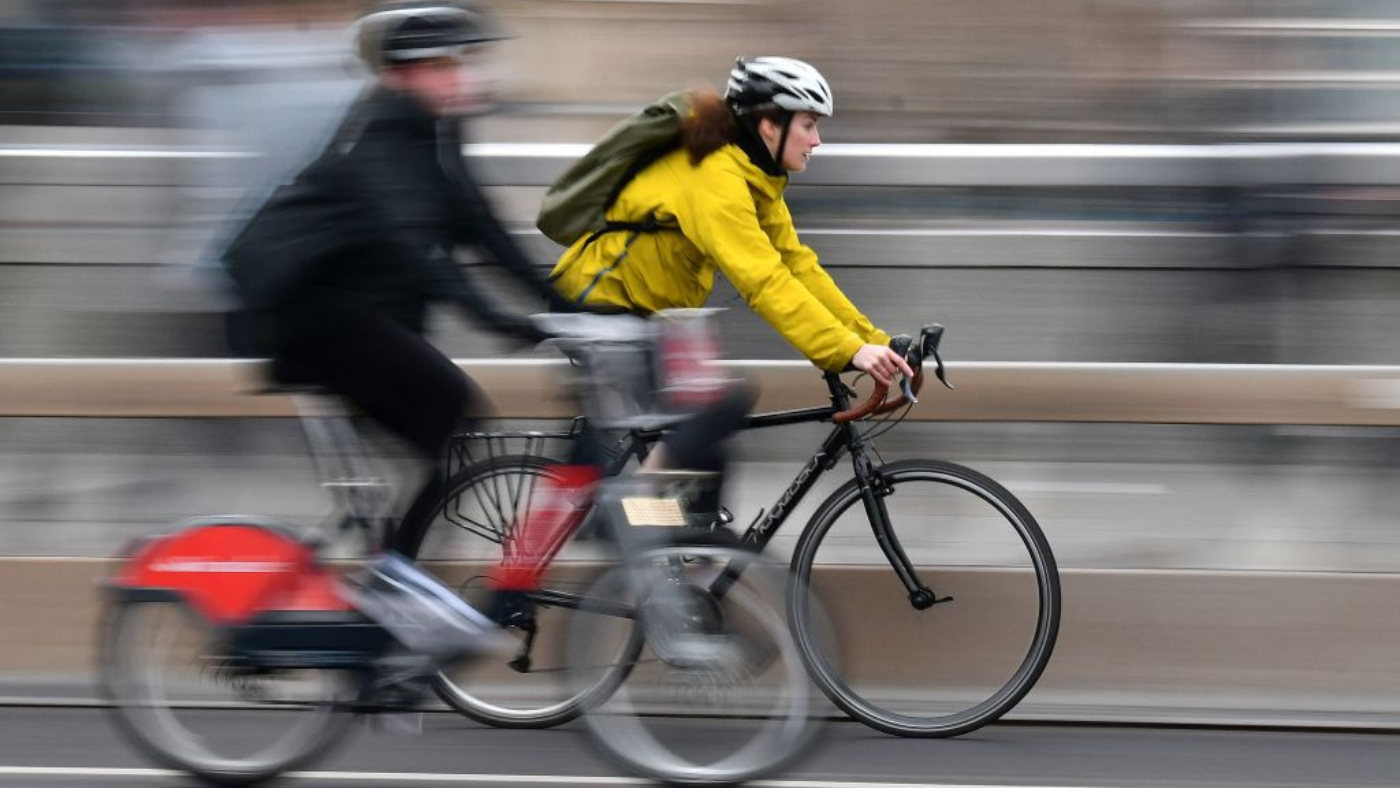 Should cyclists have to abide by the same rules as drivers?
Should cyclists have to abide by the same rules as drivers?Today's Big Question Transport secretary’s plans could see ‘dramatic shake-up’ of rules for bike users
-
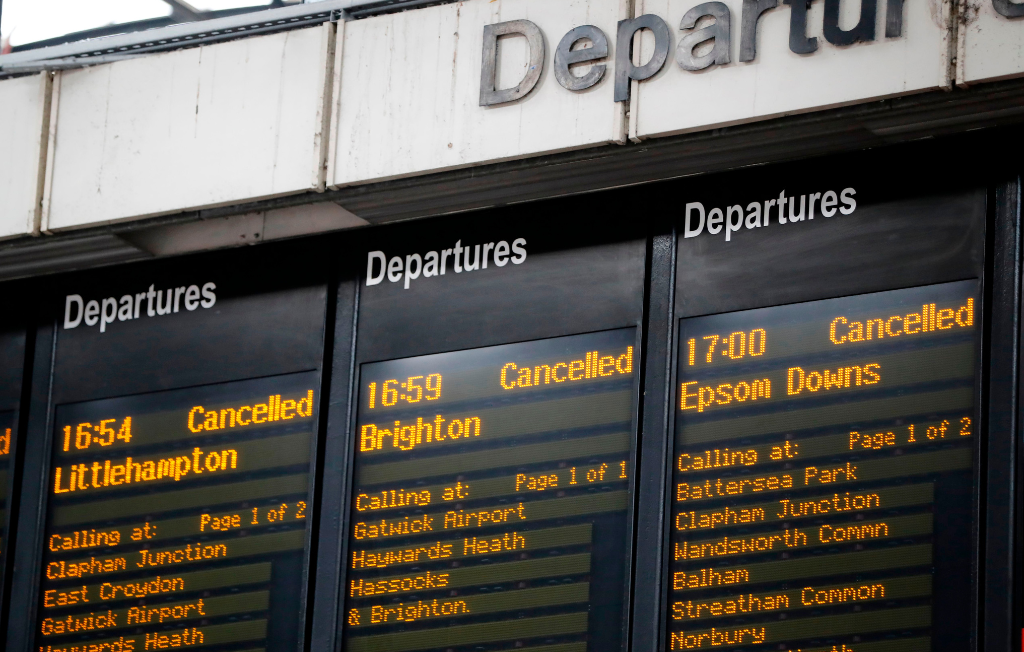 Which lines are affected by this week’s rail strikes?
Which lines are affected by this week’s rail strikes?feature Travel chaos ‘far from over’ as thousands of train staff walk out
-
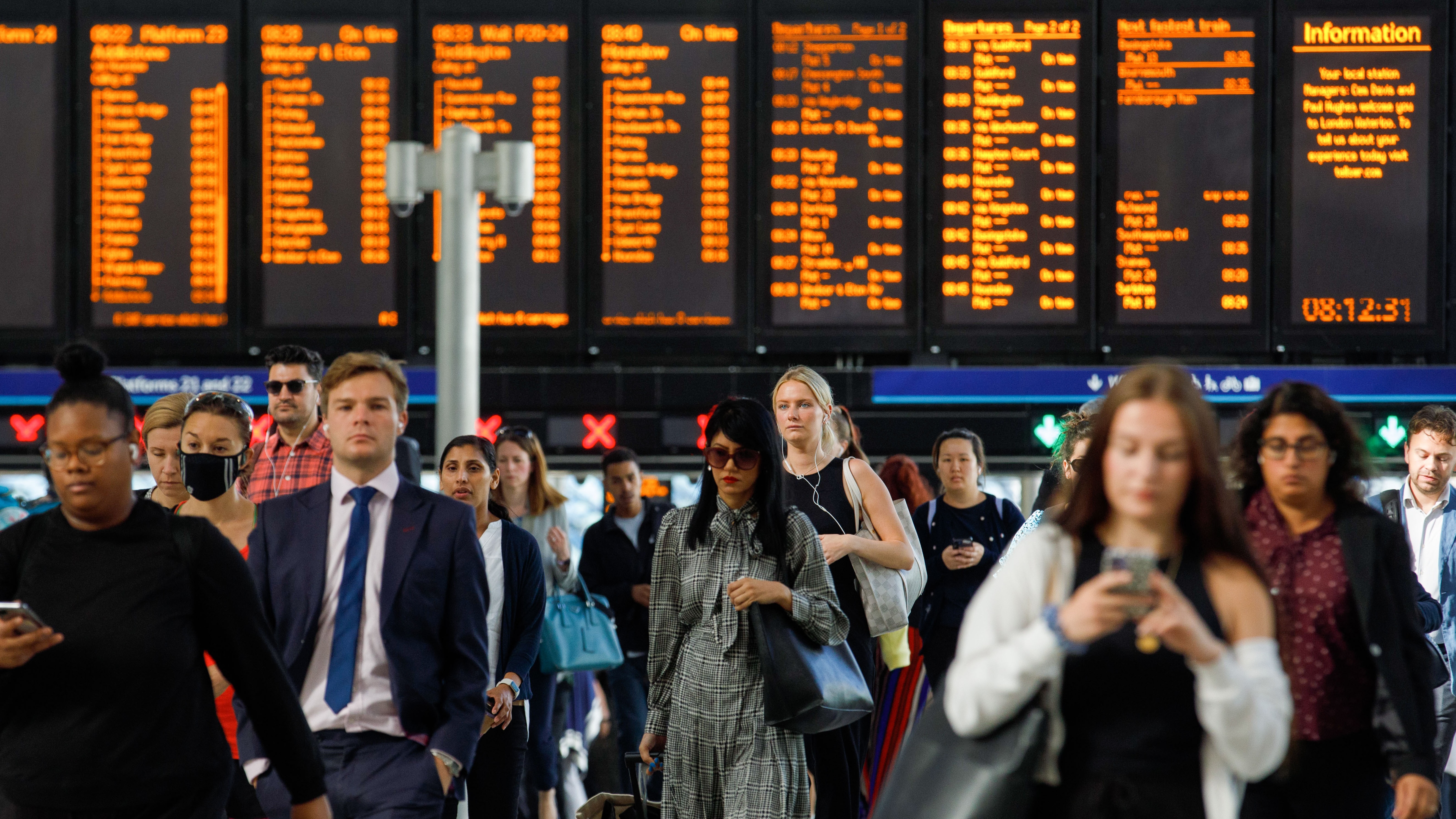 Rail strikes: which workers will be next to walk out?
Rail strikes: which workers will be next to walk out?Today's Big Question Strikes could spread to other public sector staff, says union chief
-
 How high will petrol prices go?
How high will petrol prices go?Today's Big Question Government under pressure to intervene as cost of petrol and diesel climbs to record levels
-
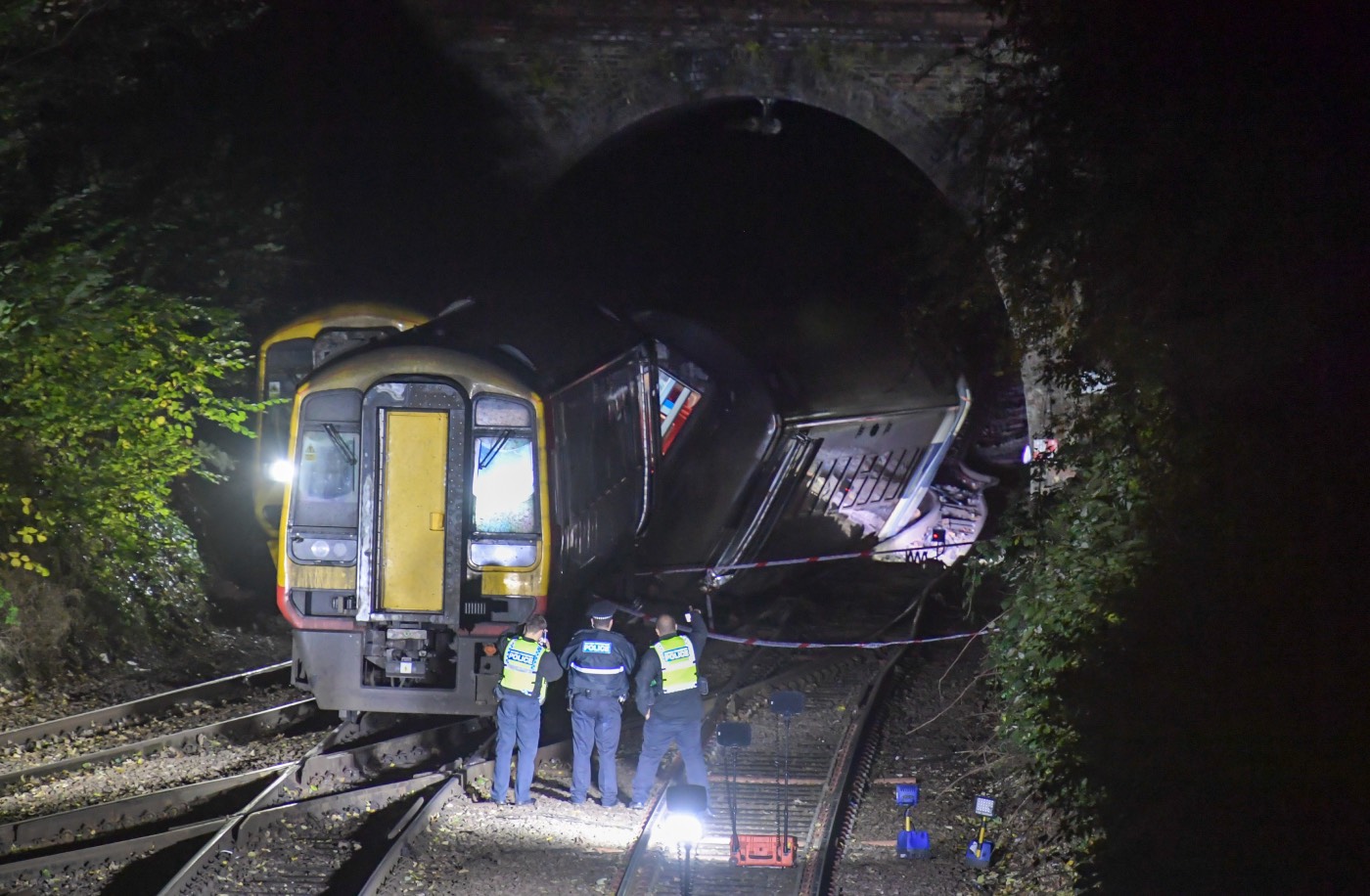 Why did two trains collide in Salisbury?
Why did two trains collide in Salisbury?Today's Big Question Investigation suggests ‘wheel slide’ was key factor in ‘rare’ crash
-
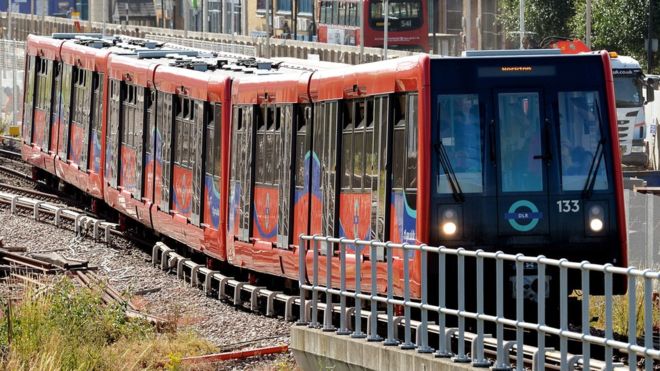 DLR strike called off on London Marathon weekend
DLR strike called off on London Marathon weekendIn Depth Planned four-day industrial action is suspended after ‘significant progress’ in talks
-
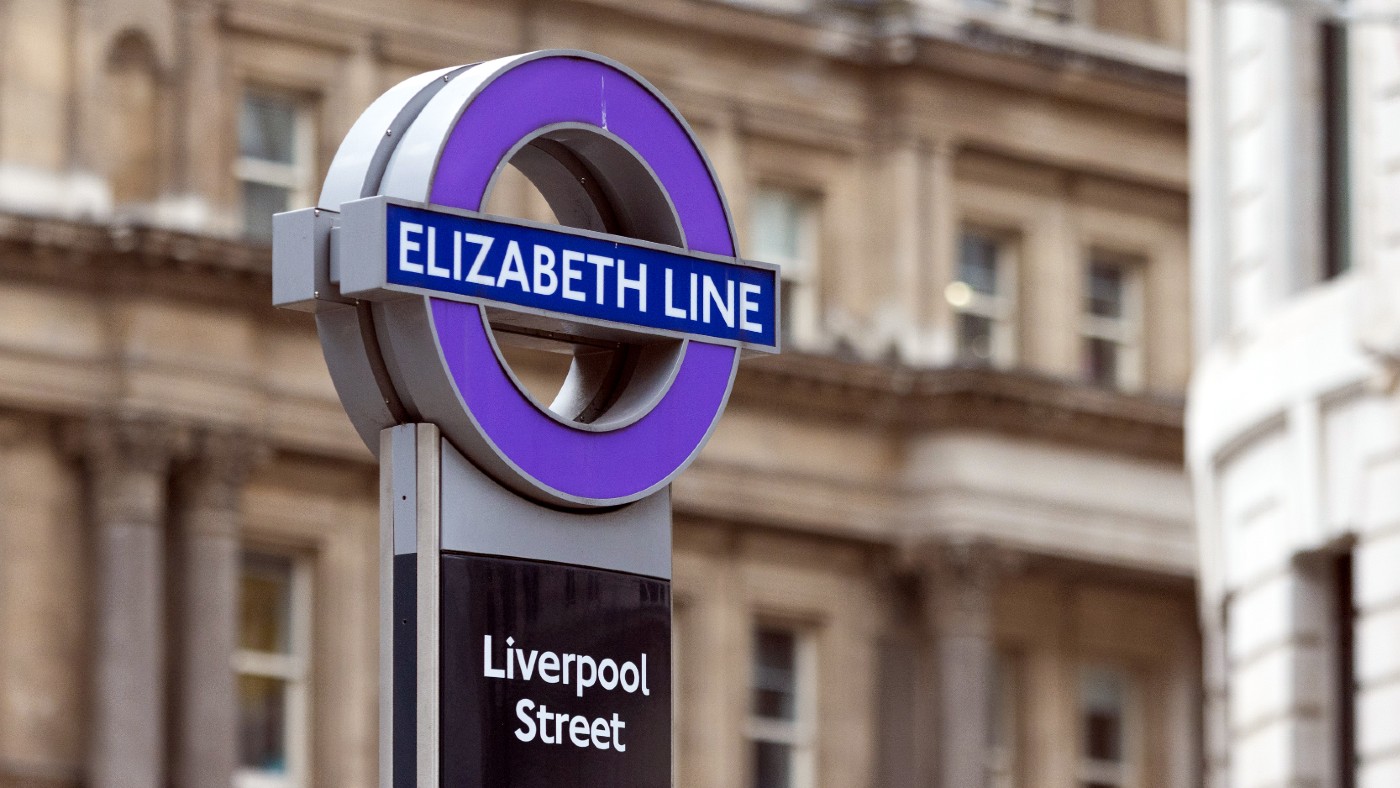 Crossrail: when will the Elizabeth line open and what is the route?
Crossrail: when will the Elizabeth line open and what is the route?feature The Queen makes a surprise visit to Paddington Station to open new line